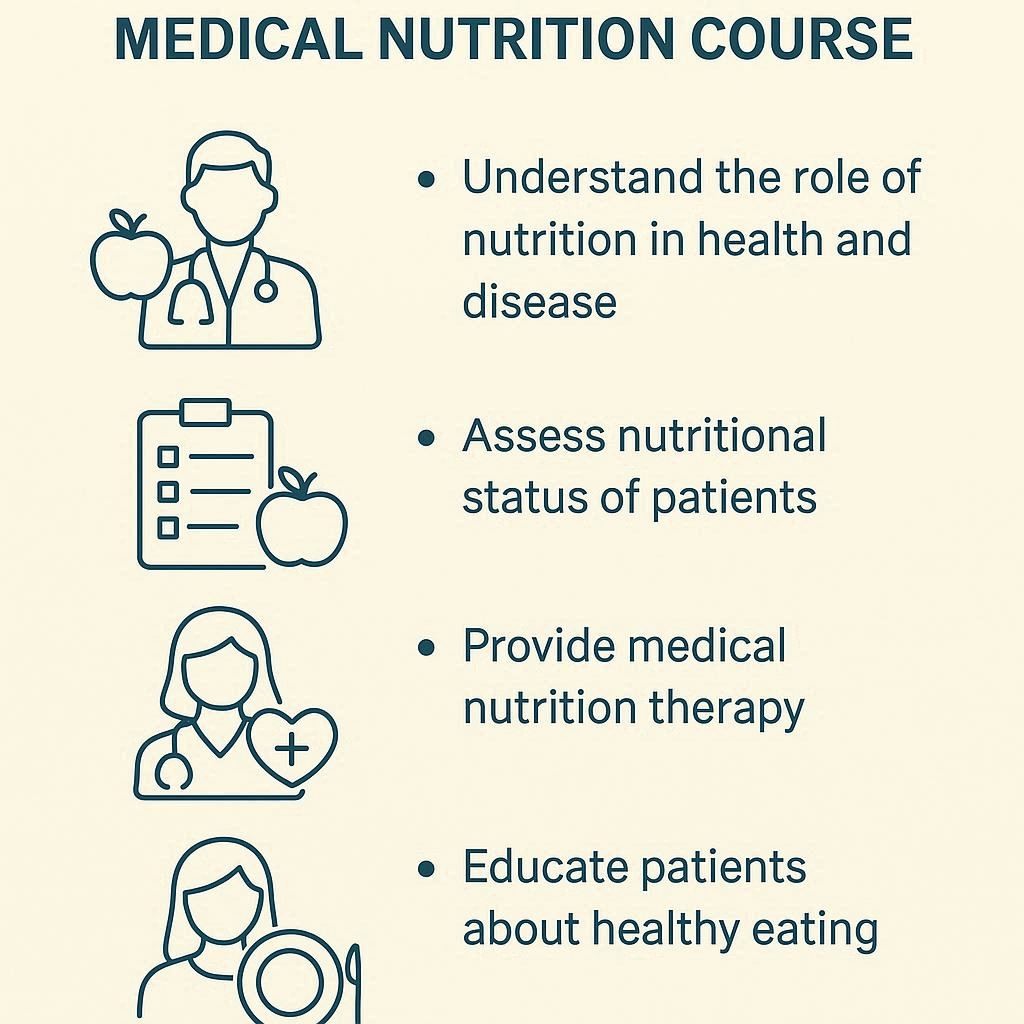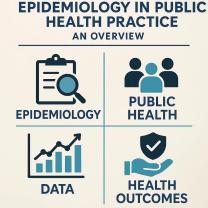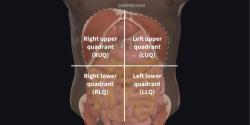What is the objective of the medical nutrition course?
A Medical Nutrition course is designed to teach students how nutrition affects health, disease prevention, and clinical care. Its objectives focus on developing the knowledge and skills to assess, plan, and implement nutrition strategies in healthcare settings.
Here are the main objectives:
1. Understand the Role of Nutrition in Health and Disease
Learn how nutrients influence body functions, metabolism, and organ systems.
Examine the impact of diet on chronic diseases such as diabetes, cardiovascular disease, obesity, and kidney disorders.
2. Develop Nutritional Assessment Skills
Learn to evaluate a patient’s nutritional status using clinical, anthropometric, biochemical, and dietary methods.
Identify nutritional deficiencies, excesses, or imbalances.
3. Apply Nutrition in Clinical Settings
Design individualized nutrition care plans for patients with specific medical conditions.
Learn therapeutic diets for disease management (e.g., low-sodium diets for hypertension, carbohydrate management for diabetes).
4. Promote Disease Prevention and Health
Understand how nutrition can prevent illness and improve quality of life.
Educate patients and communities on healthy eating habits and lifestyle changes.
5. Integrate Evidence-Based Practice
Analyze current research and guidelines to apply best practices in nutrition care.
Critically evaluate the effectiveness of nutrition interventions.
6. Communicate Effectively
Develop skills to counsel patients and collaborate with other healthcare professionals.
Translate complex nutrition information into actionable advice for patients.
In summary:
The goal of a Medical Nutrition course is to equip students with the knowledge, assessment skills, and practical strategies to use nutrition as a tool for disease prevention, management, and overall health improvement.
Here’s a concise table summarizing the objectives of a Medical Nutrition course:
| Objective | Description |
|---|---|
| Nutrition & Health | Understand how nutrients affect body functions, health, and disease. |
| Nutritional Assessment | Evaluate patients’ nutritional status and identify deficiencies or imbalances. |
| Clinical Application | Design individualized nutrition care plans for disease management. |
| Disease Prevention | Promote healthy eating to prevent illness and improve quality of life. |
| Evidence-Based Practice | Apply research and guidelines to nutrition interventions. |
| Communication & Counseling | Educate patients and collaborate with healthcare professionals effectively. |
Medical nutrition courses aim to equip healthcare professionals with the knowledge and skills to integrate nutrition effectively into patient care, focusing on the role of food and nutrients in health, disease prevention, and treatment.
What Is the Objective of the Medical Nutrition Course?
The primary objective of a medical nutrition course is to provide a comprehensive understanding of nutrition science and its practical application in a clinical setting. This involves learning how diet and specific nutrients impact human physiology, the development and progression of various diseases, and the recovery process. The course strives to enable healthcare professionals to:
Assess a patient's nutritional status accurately.
Identify nutrition-related risk factors and diagnoses.
Develop and implement evidence-based nutrition interventions and care plans.
Educate and counsel patients on healthy eating and therapeutic diets.
Collaborate with other healthcare team members to optimize patient outcomes through nutrition.
Essentially, the course aims to bridge the gap between basic nutritional science and its critical role in medical practice.
What Topics Are Covered in a Medical Nutrition Course?
A typical medical nutrition course covers a broad spectrum of topics, ranging from fundamental nutritional biochemistry to specialized clinical applications. Key areas often include:
Macronutrients and Micronutrients: Detailed study of carbohydrates, proteins, fats, vitamins, and minerals, including their functions, dietary sources, metabolism, and recommended daily allowances.
Energy Balance and Metabolism: Understanding how the body uses and stores energy, metabolic pathways, and factors influencing weight management.
Nutritional Assessment: Techniques for evaluating a patient's nutritional status, including anthropometric measurements, biochemical markers, dietary intake analysis, and clinical signs.
Medical Nutrition Therapy for Various Diseases: This is a core component, covering conditions such as:
Cardiovascular disease: Dietary approaches like DASH and Mediterranean diets.
Diabetes mellitus: Carbohydrate counting, glycemic control, and meal planning.
Obesity: Behavioral and dietary strategies for weight loss and maintenance.
Gastrointestinal disorders:
Diets for Crohn's disease, celiac disease, irritable bowel syndrome. Renal disease: Protein and electrolyte restrictions.
Cancer: Managing side effects of treatment, preventing malnutrition.
Food allergies and intolerances: Identification and management.
Enteral and Parenteral Nutrition: Principles and practical application of providing nutrition via feeding tubes (enteral) or intravenously (parenteral) for critically ill or malabsorptive patients.
Life Cycle Nutrition: Nutritional needs and considerations during pregnancy, lactation, infancy, childhood, adolescence, and old age.
Public Health Nutrition: The role of nutrition in preventing chronic diseases at a population level.
Pharmacology and Nutrition: Drug-nutrient interactions.
Ethics and Professional Practice: Ethical considerations in nutritional counseling and professional responsibilities.
How Does Medical Nutrition Benefit Healthcare Professionals?
Integrating medical nutrition knowledge offers significant benefits to various healthcare professionals:
Enhanced Patient Care: Professionals can provide more holistic and effective care by addressing the nutritional aspects of a patient's health, leading to better disease management and faster recovery.
Improved Diagnostic Skills: A deeper understanding of nutrition can help in recognizing symptoms of nutrient deficiencies or excesses that might otherwise be missed.
Preventive Care Focus: Equips professionals to counsel patients on healthy eating habits, thereby preventing the onset or progression of chronic diseases.
Credibility and Specialization: Adding nutritional expertise enhances professional credibility and can open doors to specialized roles or patient populations.
Interdisciplinary Collaboration: Fosters better communication and collaboration with registered dietitians and other specialists, optimizing team-based care.
Addressing the Root Cause: Many chronic conditions have significant dietary components; understanding medical nutrition allows professionals to address these root causes, not just symptoms.
Who Should Take a Medical Nutrition Course?
A medical nutrition course is highly beneficial for a wide range of healthcare professionals and students who interact with patients' health and well-being.
Medical Students and Physicians: To integrate nutrition into their diagnostic and treatment plans for various conditions.
Nurses: To better understand patient nutritional needs, assist with feeding, monitor nutritional status, and educate patients.
Pharmacists: To understand drug-nutrient interactions and provide comprehensive patient counseling.
Physician Assistants and Nurse Practitioners: To enhance their ability to assess, diagnose, and manage nutrition-related health issues.
Public Health Professionals: To design and implement effective community-based nutrition programs.
Exercise Physiologists and Fitness Professionals: To provide more informed and holistic advice on diet and exercise.
Health Coaches and Wellness Professionals: To deepen their foundational knowledge and offer evidence-based guidance.
Researchers: To inform studies on diet, disease, and health outcomes.
While registered dietitians are already nutrition experts, a medical nutrition course can be valuable for other professionals seeking to deepen their understanding of clinical applications.
What Are the Career Opportunities After Completing This Course?
While a medical nutrition course alone does not typically lead to a new direct title like "Registered Dietitian" (which requires specific degrees and supervised practice), it significantly enhances the career prospects and capabilities of existing healthcare professionals. It can open doors to:
Specialized Clinical Roles: Physicians, PAs, or nurses may focus their practice on areas like bariatrics, diabetes management, oncology nutrition support, or gastroenterology, where nutrition is paramount.
Integrative Medicine Practices: Professionals can work in settings that emphasize a holistic approach to health, incorporating nutrition as a core component.
Health and Wellness Coaching: Enhanced credibility for those advising clients on diet and lifestyle.
Public Health and Policy: Contribute to the development and implementation of nutrition-related public health initiatives.
Research and Education: Participate in clinical trials related to nutrition or educate other healthcare professionals.
Pharmaceutical and Biotech Industries: Roles in research and development, particularly for nutritional supplements or medical foods.
Consulting: Provide expert advice on nutrition within healthcare systems or to private companies.
The course equips professionals to advocate for, and skillfully apply, nutritional principles within their existing or desired healthcare careers, making them more valuable assets in a healthcare landscape increasingly recognizing the power of diet.













